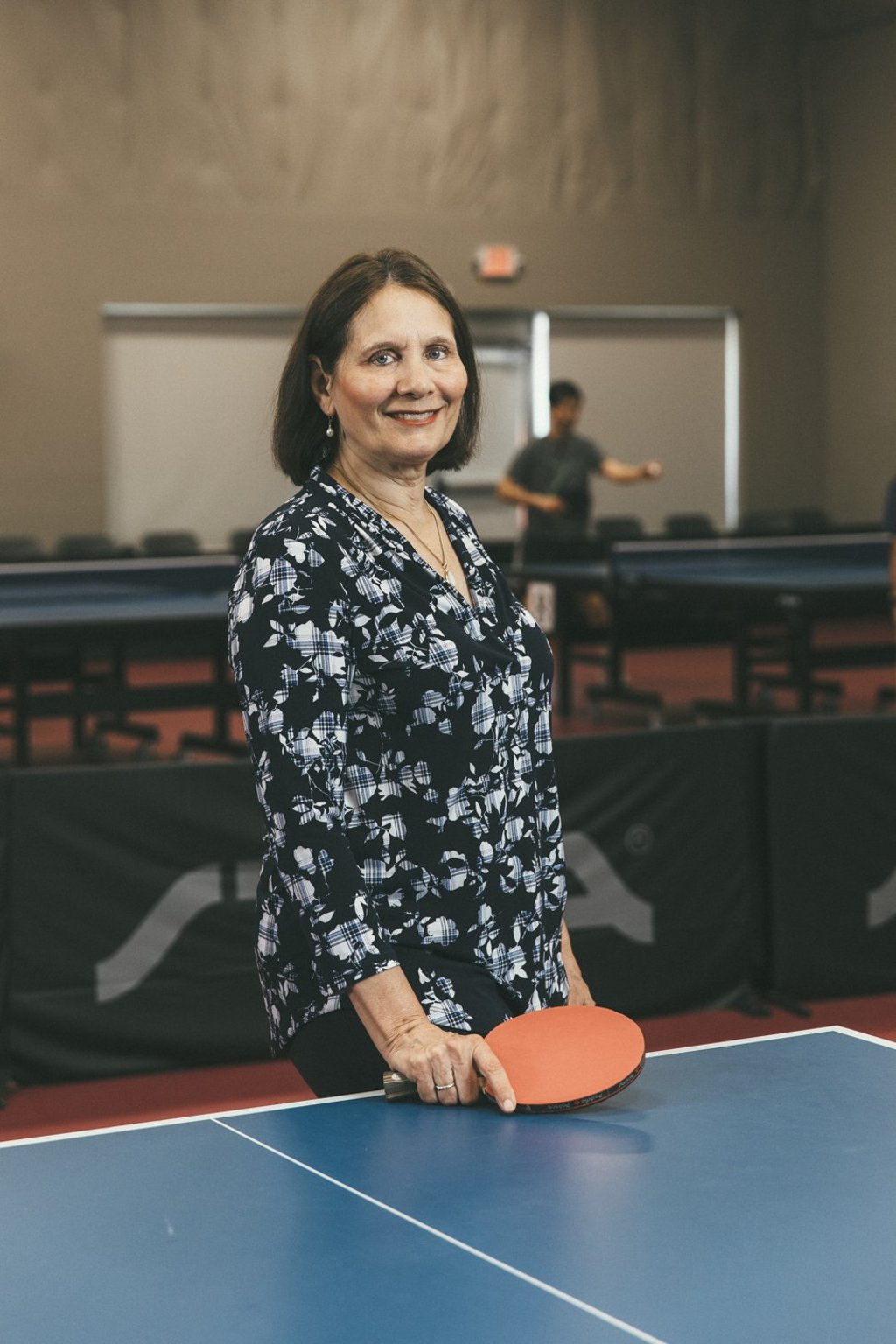Ping-pong diplomacy and US-China relations: the game and the players that changed the course of history
- Judy Bochenski was involved in one of the most astonishing geopolitical games in the world
- Then 15 years old, the American table tennis star’s 1971 trip to China would help end the cold war

On any given evening, the city of Portland, in Oregon, flashes its credentials as the North American capital of bar-room table tennis. In watering holes such as Pips & Bounce, The Nest Lounge and Sellwood Public House, a largely millennial crowd revisits the pastime they all enjoyed as children, this time with disposable income and artisanal beverages.
In the Pacific northwest, where it rains a lot and the local beer wins prizes, table tennis has an evolutionary advantage in the natural selection of games to play indoors: anyone can pick it up quickly and a couple of drinks only add to the merriment.
Boozy ping-pong gatherings may be a long way from the top-flight version of the sport, accepted into the Olympic Games in 1988, but contagious fun is spelt out in the nightly clatter of thwacks, clicks and chops, like Morse code at triple speed.
If the bar scene shows the party face of table tennis, the soul of Portland’s alliance with the sport can be found half an hour’s drive southwest of town, in Tigard, a suburb known for its large shopping mall and annual Festival of Balloons.
Right across Main Street from Yen’s Chinese Restaurant, and next door to the post office, sits Paddle Palace: table tennis club and equipment distributor. The building, a former carpet store, melts comfortably into its surroundings and offers no clue to the extraordinary story of its current owner, Judy Hoarfrost.
In the spring of 1971, Hoarfrost – then 15 years old and familiar by her maiden name, Judy Bochenski – was a player in one of the most astonishing geopolitical games in world history: a week-long event that changed the course of Sino-American relations, helped to end the cold war and, to paraphrase Chinese leader Mao Zedong, used the little ball to move the big ball. The event coined, and became synonymous with, a concept that still has currency: “ping-pong diplomacy”.

